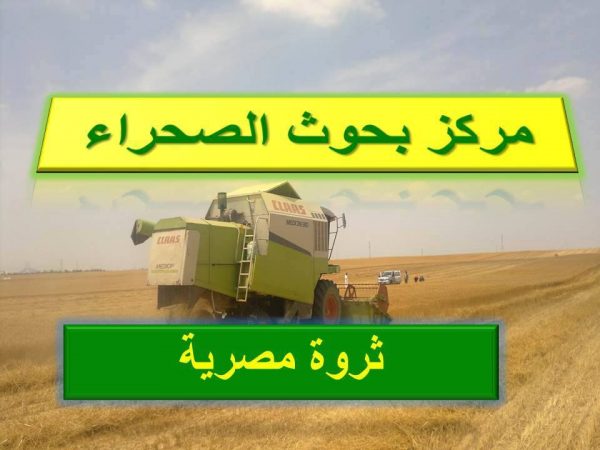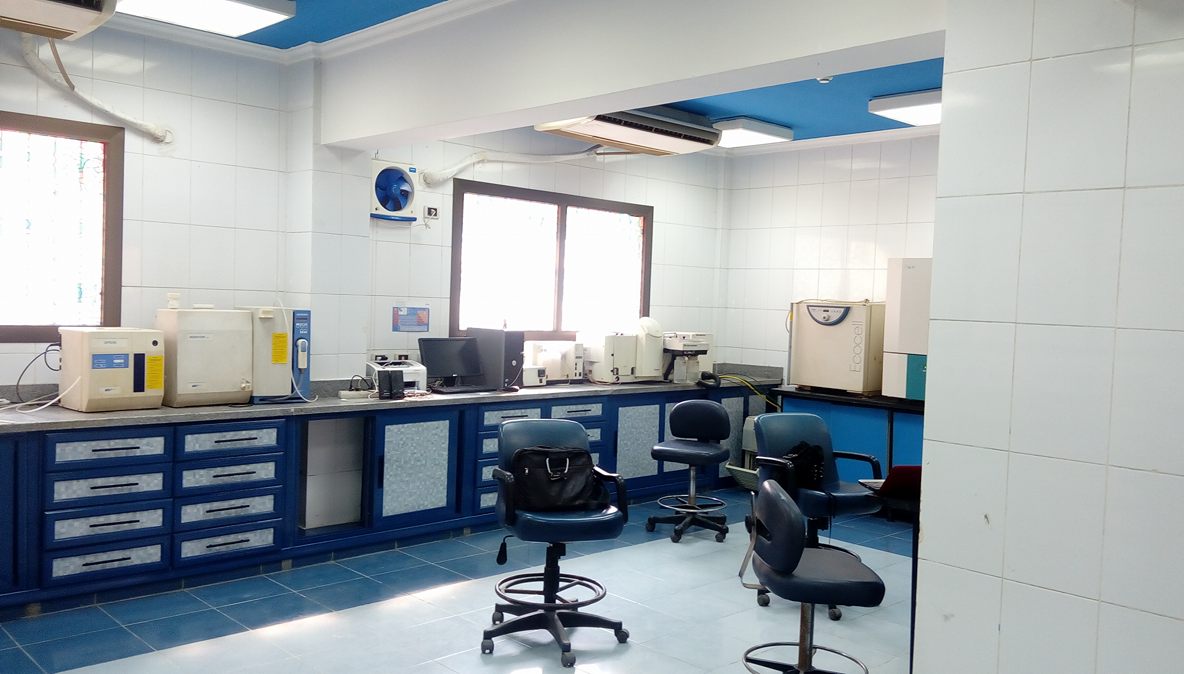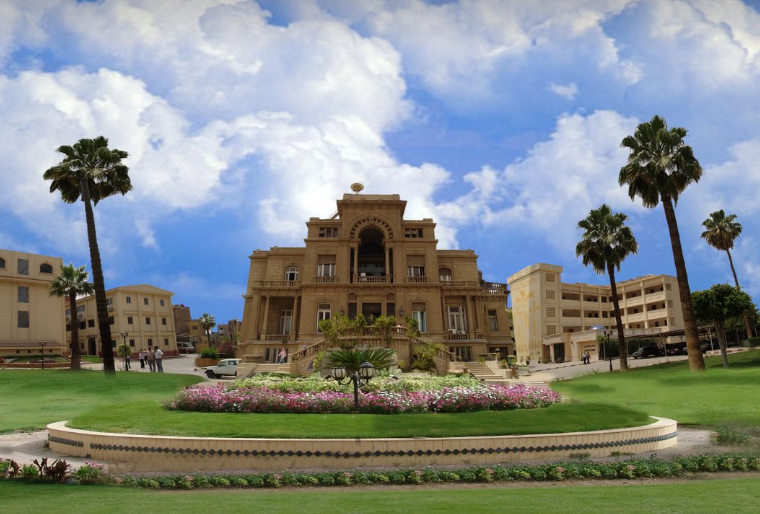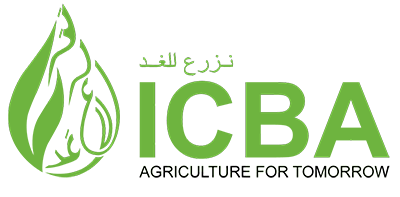Improving the livelihood of smallholder farmers through optimal utilization of integrated saline agriculture systems: an Egypt case study
This project carried by Desert Research Center aims to improve the livelihood of smallholder farmers in salinity-affected environment of North Sinai region, Egypt, through increased crop-livestock productivity.


Overview of the project
The objectives of this initiative were:
1- Developing and disseminating new high-yielding, salinity-tolerant forages, crop management technologies for economic and sustainable crop-livestock production
2- Conducting large-scale field evaluation and transfer integrated management packages (IMP) of cereal and fodder crops production and utilization and animal production and feeding
technologies to local farmers
3- Socio economic empowerment of farmers
4-Building capacities for participated farmers
Improve the livelihood of smallholder farmers in salinity-affected environment of North Sinai region, Egypt, through increased crop-livestock productivity.
Multi-site development
01/10/2015 - 2018/ extended
1.Adopting integrated management package for seed production (20 farmers).
Adoption of the mos6t tolerant genotypes for 3 forage crops (Pearl Millet, Sorghum
and Alfalfa), 2 cereal crops (Triticale and Barley) and three oil crop plants ( mustard,
sunflower and safflower).In addition to fodder beet –Panicum turgidum-Kochia indica
– Sudan Grass – Medicago arborium – and forage shrubs of have high nutritional and
production values, e.g., Atriplex sp.–Leucaena leucocephala–Sesbania sesban– Acacia
saligna–spineless Prosopis.
2. Active participation of 500 direct participated farmers in addition to 1100 indirect
participated farmers in development of improved management packages (land
preparation, fertilization, irrigation, drainage, post-harvest) to raise productivity of
forage and cereal crops and improve livestock production.
3. Transfer of integrated management package for grain and fodder production to 60
participated farmers in South and North Sinai
4. Economic evaluation of feeding animal on salt tolerant fodders at farmer’s levels
under different levels of salinity of farmers that led to an increase of about 60% of
milk and meat production and reduced feeding costs about 40%.Accordingly, family
income was increased around 70%.
5.Economic evaluation of integrated crop management packages introduced to the
participated farmers which were very close to the results achieved on the research
level. It means technology packages are well adopted by the 60 participated farmers.
6.Environmental impact assessment of the adopted forage – livestock production system
using brackish water in North and South Sinai.
1. Increase the degree of awareness among farmers for seed production technology of
fodder crops and selection improved varieties and ensure genotypes purity through
training courses, organize field schools for farmers.
2.Produce sufficient amount of seeds of the targeted varieties / accessions for
adoption and scaling up at farm level.
3. Improved water use efficiency using modern irrigation systems.
4. Deployment and expansion of agricultural techniques in forage crops; silage and feed
blocks production to improve the storage capacity of animal feeds
5. Economic assessment of the profitability of transferred technology packages of forage
and livestock production on the livelihood of poor farmers.
6. Environmental impact assessment of the adopted forage – livestock production system
using brackish water in North and South Sinai.
7. Enhanced the capacity of farmers, rural women and technical staff in development of
adapted forage cultivars, seed production, crops management and animal feeding and
production, and processing of animal products through workshops, training programs,
Farmers Field School, brochures.
It has been financed by IFAD, ICBA, DRC organisations
organisation
The Desert Research Center ( DRC ) was established in 1939 and was officially inaugurated in 1950. At present, it is an independent institution affiliated with the Ministry of Agriculture and Land Reclamation. The Main Objectives are:
To investigate natural resources of the Egyptian desert zones for sustainable use and
agricultural development.
To plan proper policies strategies and measures in order to combat drought and
desertification processes.
To carry out studies for the benefit of governmental institutions, societies and small
landowners.
To sponsor postgraduate research assistants and scholars for higher degree studies.
in collaboration




